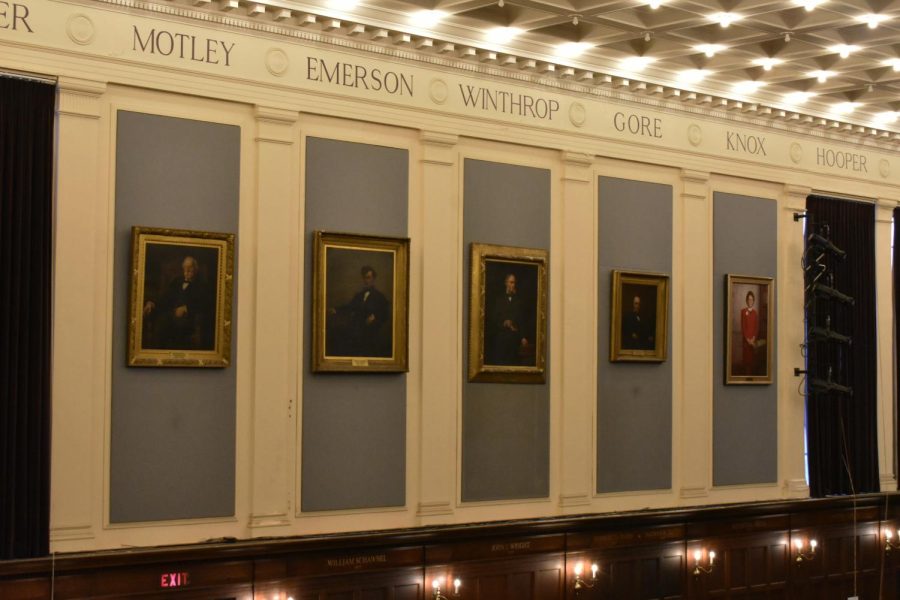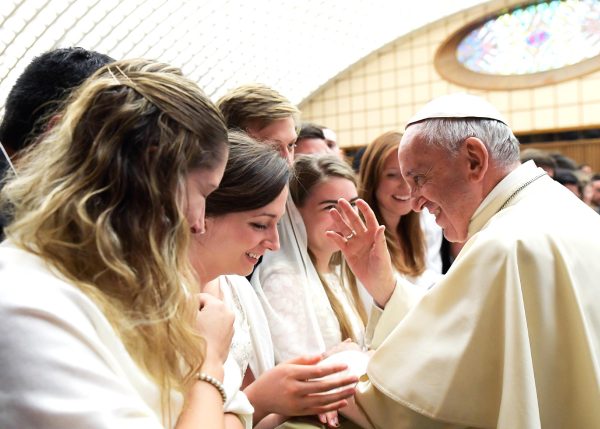Acknowledge Our Past to T.H.R.I.V.E.
How many students are aware that Nathaniel Williams, who served as a Boston Latin School Head of School in the mid-eighteenth century, lived on school grounds with Richard and Hagar, a Black man and woman whom he enslaved? This information comes from a 2015 excavation of the former BLS site conducted by the Boston City Archaeology. The finding of cowrie shells and straight pins at the head of school’s house prompted Joe Bagley, a city archaeologist, to search city records, as these items are linked to American enslavement.
This is merely one history lesson out of many that BLS students could significantly benefit from, but ultimately miss out on. The curriculum needs to be adapted to include all of United States history and not just the white American man’s history to truly uphold BLS’s core values, T.H.R.I.V.E.
The day before winter break, Facing History students inspected the AP U.S. History textbook and discovered that it was formulated around white history – specifically, wealthy white men in politics and economics. When any other population, such as Indigenous peoples, Black Americans or women, is mentioned, it is presented in regards to its interactions with white men. The authors condense any history that does not relate to white men onto one page that is sprinkled at the ends of chapters. Their stories, however, are central to U.S. history. They should not be treated as an “other people” peripheral to “real” American history, nor be viewed solely through a white, male perspective.
Together, we are stronger when we unearth the full history which we are heirs to as members of the BLS community. Facing History and Ourselves teacher Ms. Judi Freeman concurs, “The minutia might not be all that interesting […] the dates and the places don’t matter as much; it’s the aggregate effect that people who look like me or you are restricted.”
Understanding the historical experiences of people of all races and genders in the U.S. enables students to realize that “most of us experience these [same] restrictions on some level [today]. I don’t think this is ancient history,” says Ms. Freeman, and it needs to be taught to honor our history, speak truth to the present and lead into the future.
Indeed, a lack of historic understanding enables present-day racism. The WGBH reported that Mayor Michelle Wu recently faced racist backlash after announcing new vaccination requirements. Comments to Mayor Wu included “Communist Wu needs to go back to China” and labels such as “Michelle Wuhan.”
Failing to recognize our biases fueled by a skewed education prohibits students from respecting our diverse communities; if we are unable to even hold our history accountable, we remove the obligation to hold our current selves accountable. This is imperative to respecting each other, our unique identities and the fundamental humanity of each person.
A curriculum overhaul could change this. First, Ms. Valerie Uber, the BLS archivist, explains that “our archives […] are treasure troves of primary sources that can provide a lens into the culture and time being studied,” and include reports on Head of School Williams and the 2015 excavation. “These help to highlight the difference between how he was viewed and described by his contemporaries and the perspective from our times,” since former histories paint him in a positive light.
Gabriela Vasquez Rosado (I) adds that we should “include a more honest history that includes topics before the enslavement of groups of people of color that teaches about the Indigenous and African societies that thrived and gave so many societal advances before colonialism and imperialism.” We should not only celebrate communities for their resilience during struggles, but also for their accomplishments.
Ultimately, the City of Boston decided that out of the 8,104 artifacts uncovered at the former BLS building and the house of the heads of school, the cowrie shells and their consequential discovery of Richard and Hagar were the most important to highlight in their results. Why then, is this information not discussed more regularly with the students of that very school?
While we value our bodies, minds and holistic well-being, we should also value the time and effort dedicated at this school. Receiving an education that will prepare us to become the most engaged and responsible citizens can only be accomplished through lessons on the entirety of our history, not merely the white man’s history.







